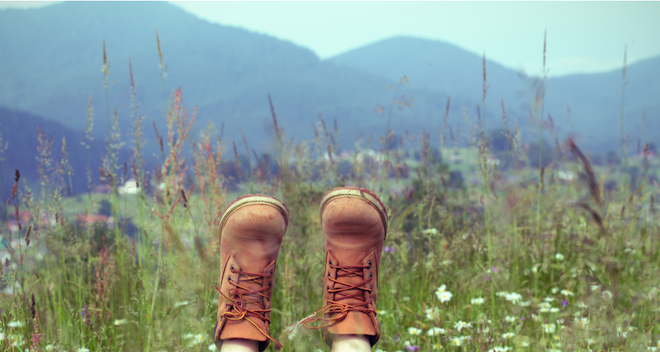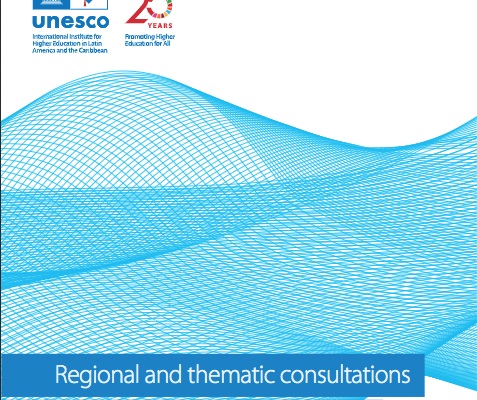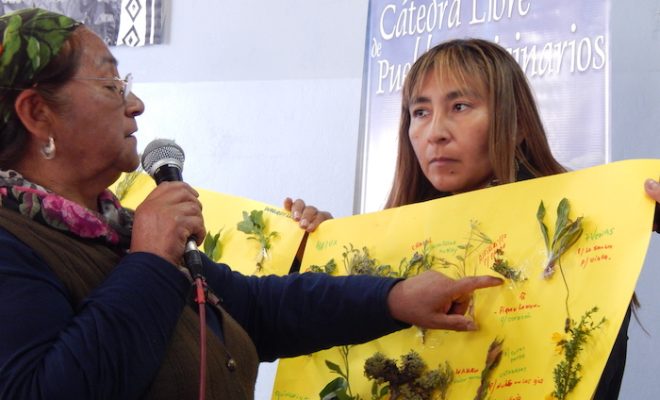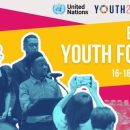One World, shared goals: Collaborative actions for SDG implementation
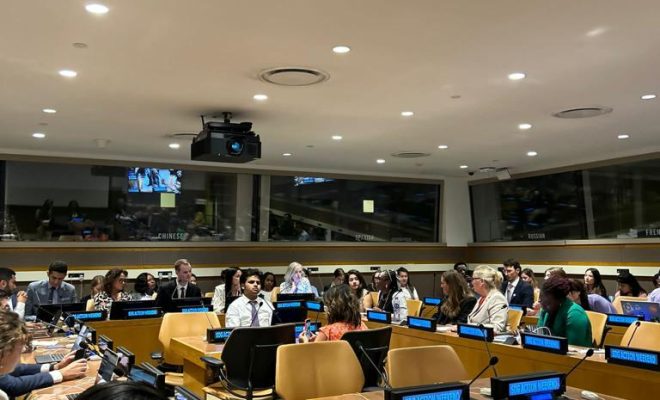
Conveyed as part of the 78th United Nations General Assembly, the SDG Action Weekend took place on the 16th and 17th of September 2023 at the United Nations Headquarters in New York. UNESCO IESALC and the Permanent Mission of the Federal Republic of Germany to the United Nations in New York, along with 15 other supporting partners co-hosted a side event “One World, shared goals: Collaborative actions for SDG implementation”.
During the event, 14 speakers from different backgrounds and regions participated in order to address the importance of partnerships to achieve the SDGs. Speakers discussed past, current and future partnerships, as well as ways forward. Special thanks to the Permanent Mission of the Federal Republic of Germany to the United Nations in New York for their kind and essential sponsorship and co-organization.
Challenges
First, including young people in the decision-making process is a significant challenge that societies face today. Supporting young people and listening to their voices while shaping policies and decisions can lead to more inclusive and representative outcomes. However, this requires overcoming traditional hierarchical structures and fostering a culture of active participation and collaboration.
Second, many individuals, especially in developing countries, lack access to quality education and higher education and face barriers such as poverty, gender inequality, and limited resources. Addressing this learning crisis requires concerted efforts to improve educational infrastructure, train and retain qualified teachers, and provide equal opportunities for all learners.
Third, the impact of non-education on people’s lives and safety is a significant concern. Without access to education, individuals may struggle to acquire essential skills, knowledge, and opportunities for personal and professional growth. This can perpetuate cycles of poverty, limit social mobility, and increase vulnerability to exploitation, discrimination, and unsafe living conditions. Investing in education and higher education and creating inclusive learning environments can help break these cycles and promote social progress.
Fourth, the celerity in which realities are changing has a great impact on individuals and communities. As societies evolve and adapt to technological advancements and globalization, the pace of life seems to accelerate. This can lead to increased stress, burnout, and a lack of work-life balance. Finding ways to manage time effectively and prioritize well-being is crucial to navigating these fast-paced environments.
Lastly, lack of trust can hinder progress and cooperation in various aspects of society. When there is mistrust between individuals, communities, or institutions, it becomes difficult to build meaningful relationships, collaborate effectively, and address common goals and challenges. Fostering trust requires transparency, accountability, open communication, and a commitment to fairness and justice. It is essential to work towards building trust at all levels to create a more cohesive and harmonious society.
Solutions
First, partnerships between different generations can be a powerful solution to bridge the gap between older and younger individuals. By fostering collaboration, creativity, and co-creation, these partnerships can harness the unique perspectives and experiences of each generation to drive innovation and problem-solving.
Second, partnerships between the private and public sectors can lead to more comprehensive and effective solutions in education and higher education. Building private and public partnerships can leverage resources and expertise from both sectors to address educational challenges.
Third, building partnerships between students, researchers, and governments can foster knowledge exchange, research collaboration, and evidence-based policymaking, leading to more informed and impactful educational practices.
Fourth, increased funding for education and higher education is crucial to ensuring access to quality education for all, leaving no one behind..
Fifth, developing trusting collaborations among various stakeholders, such as educators, policymakers, and community members, can create a supportive environment for educational initiatives.
Sixth, teaching social skills and creative thinking can equip students with the necessary tools to navigate an ever-changing world.
Lastly, moving from policy to action is essential to implementing effective educational strategies and initiatives. That can be done by designing participatory policy processes with appropriate social control and monitoring.
Ways forward
Finding solutions begins with identifying the problems, and in the paragraphs above, we covered both problems and potential answers. Higher education institutions must leverage their significant role in fostering partnerships and helping to create them, as well as in assisting and mentoring young people to become change agents in society. Higher education institutions are also essential in advocating and fighting for increased educational funding, in putting policies into effect, and in developing curricula that assist students in developing their skills(Pluralism Assessment, Project Cycle and Project Planning, Digital Skills, Evidence-based Skills, Education technical and methodological Skills, Social and intercultural Skills, Arts-based Skills) and, as a result, their capacity to navigate a constantly changing environment.
Authors:
Eliane El Haber and Giulia Barao
Consultants, Youth Strategy Team
Links of interest
RELATED ITEMS

